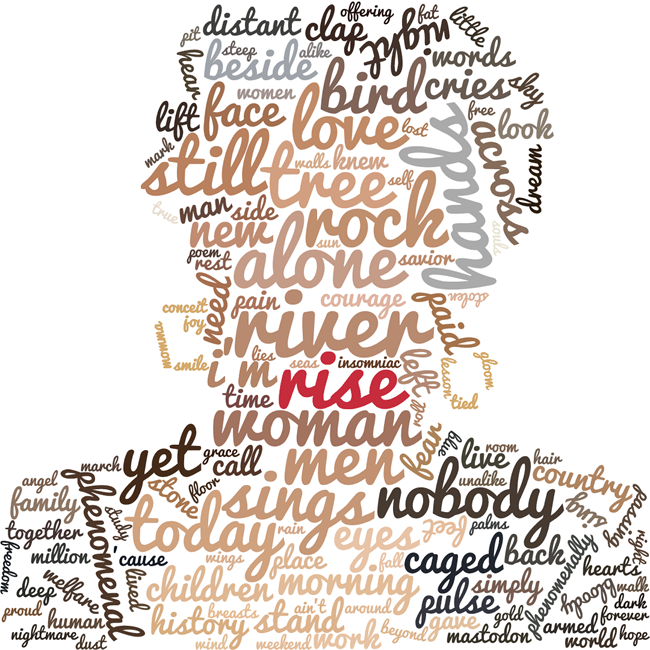Why the Words Really Matter
Earworms. Yep, that’s what they’re called. They’re those songs you hear on the radio while driving to work or to the store, and you can’t even remember what the song is actually about, but the chorus and the beat get stuck in your head. You find yourself humming along to the song. It’s driving you crazy; the words seem like they’re on the tip of your tongue! You hear it again one random day. “Hey, I know that song!” you say. It’s become a song you like, even though you still don’t know what the song’s about. This is a trick that production companies play on you. So, this brings up an important question: Do the words of a song really matter?
There are fantastic country music songwriters out there who can really tug at your heart strings. They write lyrics that are moving and deep and meaningful. They might not always write the catchy slogans that are best suited for country music t-shirts, but they write words that mean something to you. Your journey, your life; the words move you. To that end, yes, the words are always going to matter. But when it comes to a “hit” song you’ll hear on country music radio, oftentimes the words you’re hearing are forgettable entirely and it’s the beat and the catchy alliteration of the chorus that makes the song stand out.
Gone are the days of Bob Dylan dominating the radio with five, 12-bar verses in a song that paints a detailed, poetic picture in your brain. “Tangled Up in Blue,” for instance, is one of Dylan’s classics and a song that stands out. It starts out, “Early one morning, the sun was shining; I was laying in bed, wonderin’ if she’d changed at all, and if her hair was still red.” While only the first of that three-part verse, before the pre-chorus even hits, that’s an entire verse in today’s country music radio culture. The verse is a vessel to move you into a catchy chorus.
We bring this up because it’s something everyone notices about country music radio today. You might still love wearing your country music t-shirts, but you also realize that you’re not being told stories of love and heartache by George Strait or Travis Tritt anymore. You hear a couple of quick rhymes that take you very quickly into a chorus, so you can hear the hook that tells you about “Half of my hometown” or “Country-fried” or some other… well, gimmick. There’s no better way to put it. Today’s country music radio is all about producing a song that gets caught in your head, and something you don’t have to think about.
Is this a bad thing? It all depends on what you want. Do you want to be a hit country music songwriter? Then you’re going to have to really become formulaic and give producers what they’re after, with short, catchy songs that drive in a hook and stand out. Your song basically has to get stuck in a producer’s head so they can tweak it a bit and put it on country music radio to get stuck in other people’s heads. Though perhaps you’re just a fan. Then it’s all about what you really like to listen to. Nobody’s judging. After all, if people didn’t like those songs, they wouldn’t come on the radio in the first place.
So, it’s not so much that it’s a bad thing; it’s just that it’s a different thing. The words only matter in a song insofar as they’ll get a song noticed and picked up for production. After that, it’s all about finding the right arrangement to be catchy, and the right artist to blurt the song out. Country music radio, as it stands as a genre, is still a business. As a business, they’re seeking profit. Short and sweet songs that fit neatly into play-blocks, that get stuck in a listener’s head and don’t make them think too much – that’s the name of the game.
What’s the point of pondering about the purple prose of a piece of music? We understand the way the genre works today. Country music radio in 2022 is a different beast than 20 years ago. So, if the words still matter to you as a listener, and you want to truly relate to a song, then you might want to check out independent country music songwriters on platforms like YouTube. As George Strait and Alan Jackson sang many years ago, “They said no one would by them old drinkin’ and cheatin’ songs.” Producers also believe nobody’s going to buy those poetically purple songs anymore either. They believe you don’t want to think about the lyrics.
Today’s country music radio and the industry in general has basically become like Snapchat, Tiktok and Twitter, in that they keep everything short and sweet for those people with short attention spans. If that isn’t you, then you do have options.


